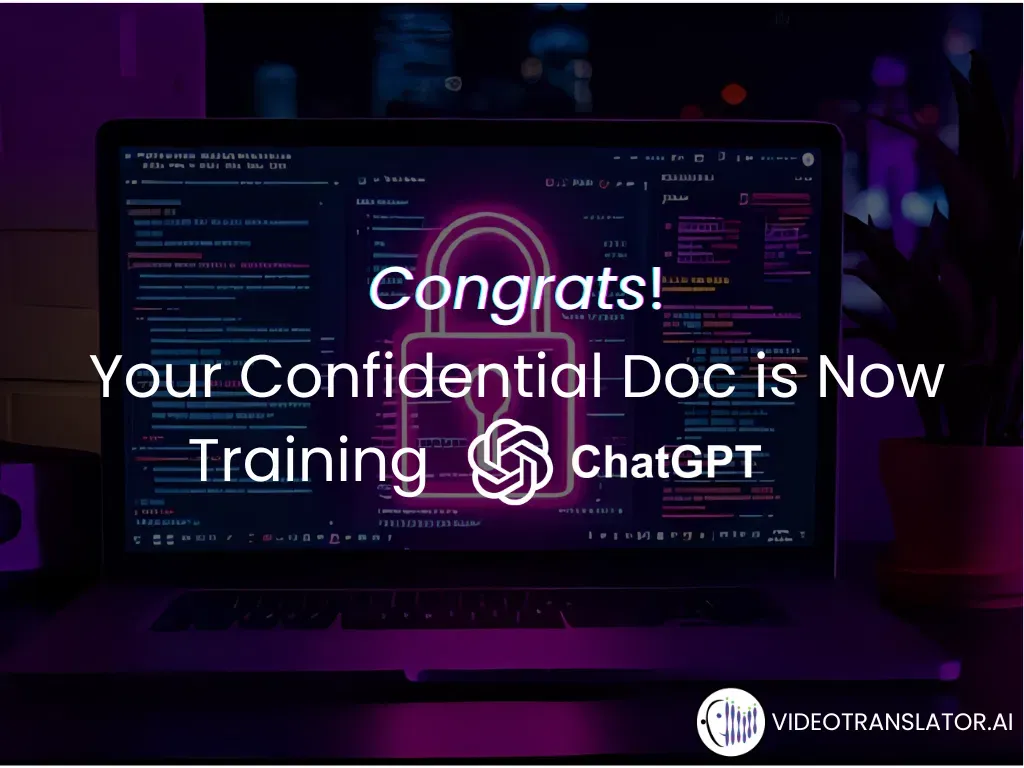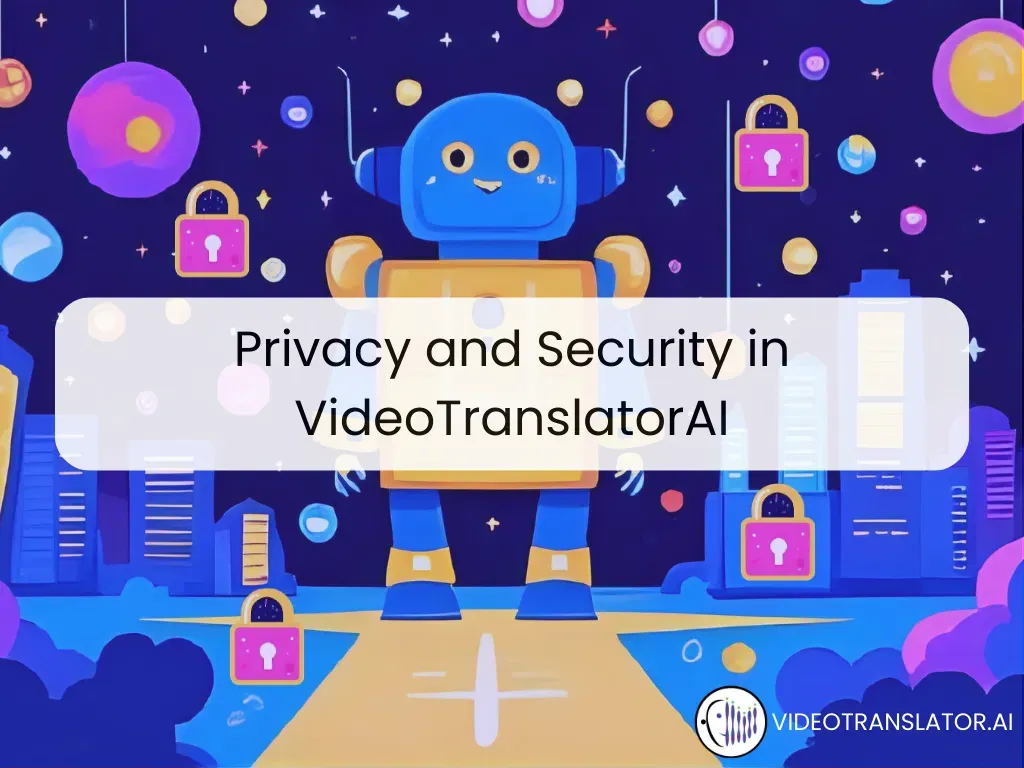When “free” becomes the most expensive decision you make
A senior associate at a law firm pasted a confidential merger agreement into ChatGPT.
She needed it translated from English to Mandarin for a client meeting in two hours.
The translation was perfect. The meeting went smoothly.
Six months later, during a routine audit, the firm discovered they’d violated attorney-client privilege and potentially compromised trade secret protections.
She had no idea what she’d actually done.
This isn’t an isolated incident. It’s becoming standard practice.
Research shows that ChatGPT reached 700 million weekly active users by mid-2025—roughly 10% of the world’s adult population.
The appeal makes sense: instant translation, zero cost, remarkable accuracy.
As someone building secure translation systems for international business, I’ve seen the aftermath of these “free” decisions. The real cost isn’t what you think.
The Data You Didn’t Know You Were Giving Away

When you paste a confidential document into ChatGPT or Claude for translation, you’re not just getting words converted between languages.
You’re making a permanent donation of sensitive information to a system you don’t control.
A concurrent Stanford study examining privacy policies found that six leading AI companies feed user inputs directly into model training.
But here’s what most people miss: it’s not just about the leak. It’s about what happens next.
1. Your Proprietary Knowledge Is Now Training Data
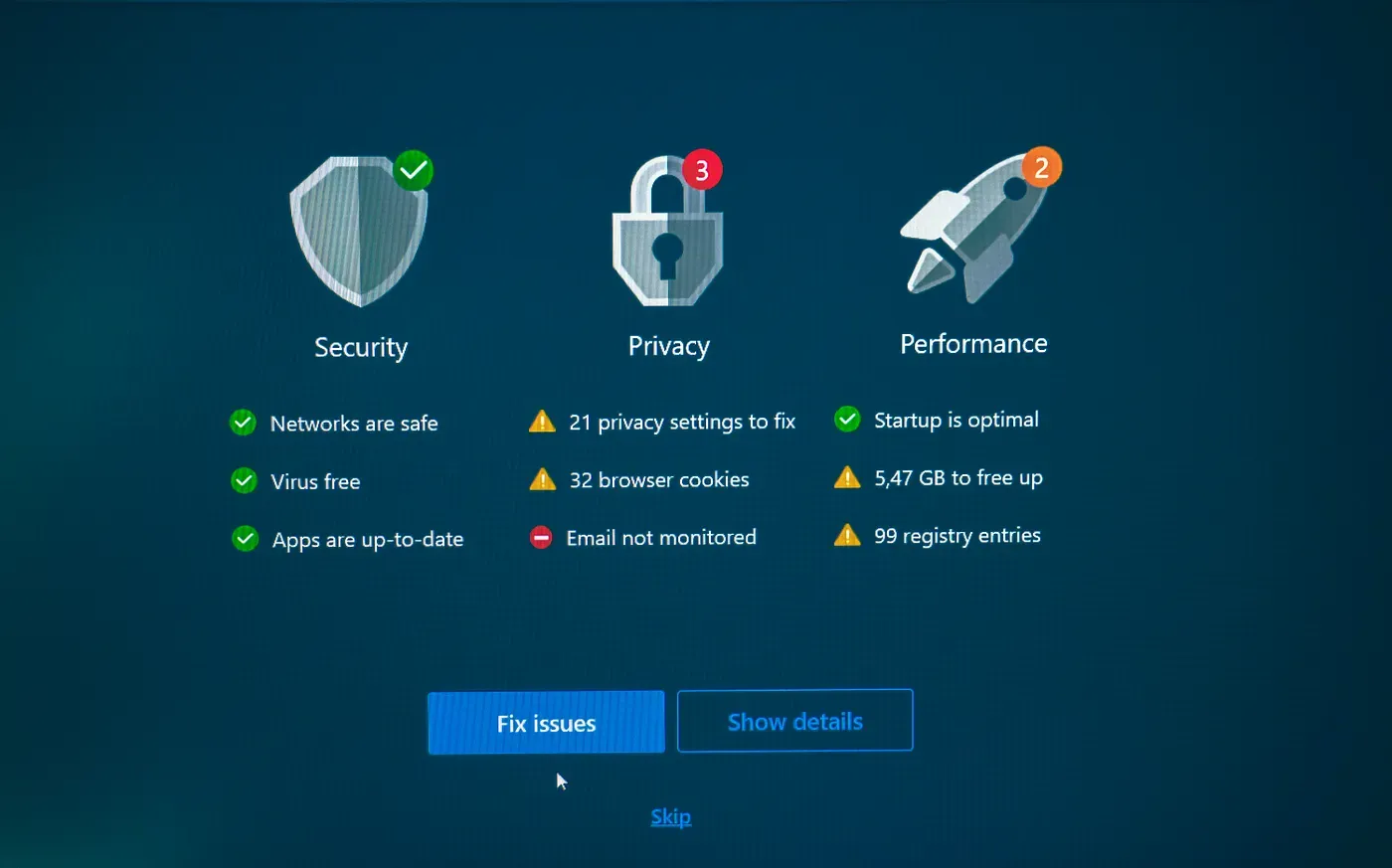
Stanford’s research confirms what security experts feared: models trained on user inputs incorporate that information into future responses.
Your proprietary terminology, unique processes, and competitive strategies enter the model’s knowledge base.
When competitors query the model about industry best practices, your methods surface in responses.
Not as direct quotes, but as learned patterns and approaches that mirror your strategies.
You can’t trace it. You can’t prevent it. The model has already absorbed your competitive intelligence.
2. The Legal Chain of Custody Just Collapsed

Confidential documents aren’t just sensitive. They’re often legally significant.
Translated contracts require verifiable authenticity for legal proceedings.
However, free AI platforms don’t provide:
- Audit trails documenting translation processes
- Chain-of-custody certifications
- Verification of translator qualifications
- Proof of translation accuracy
Your translated agreement loses evidentiary value. In arbitration, litigation, or regulatory proceedings, opposing counsel challenges admissibility.
Your document becomes legally worthless, regardless of translation quality.
3. Cross-Border Data Processing Creates Compliance Violations You Can’t Track

Here’s something most people never consider: when you use a free AI translation service, where is your data actually going?
Now imagine this: You upload a document in Melbourne. AI processes it on California servers. Training occurs in Dublin. Model deployment happens in Singapore.
Your data crossed four jurisdictions with conflicting privacy frameworks:
- Australia’s Privacy Act (1988)
- GDPR (extraterritorial application)
- California Consumer Privacy Act
- Singapore’s Personal Data Protection Act
Free platforms rarely disclose processing locations. Business Age reported in August 2025 that a Fortune 500 company discovered merger documents, translated via free AI, stored indefinitely on third-party servers across multiple countries.
You don’t know where your data went. You can’t track it. You can’t verify compliance. And when regulators come asking, you have no documentation to show that you maintained proper data controls.
I’ve seen companies face regulatory investigations triggered by routine audits that revealed confidential documents had been processed through systems with no geographic or jurisdictional controls. The violations were entirely unintentional. The penalties were very real.
4. Your Trade Secrets Just Lost Legal Protection

Think about what happens when you paste proprietary formulas, unique processes, or competitive strategies into a free AI tool for translation.
You’ve just voluntarily disclosed trade secrets to a third party.
That third party has no confidentiality agreement with you. They have no legal obligation to protect your information.
And in many jurisdictions, that voluntary disclosure can terminate your trade secret protections permanently.
Take Australia as an example. Australian law requires “reasonable steps” to maintain the confidentiality of trade secrets. Uploading confidential information to third-party platforms, including AI services, may constitute a disclosure that destroys legal protection.
This isn’t theoretical. Legal precedent is clear: if you don’t maintain reasonable confidentiality measures, you lose trade secret status.
And “I didn’t know ChatGPT would use my data” isn’t a defence that courts find compelling.
The free translation just cost you intellectual property protections worth potentially millions.
5. The Documented Vulnerabilities Nobody’s Talking About
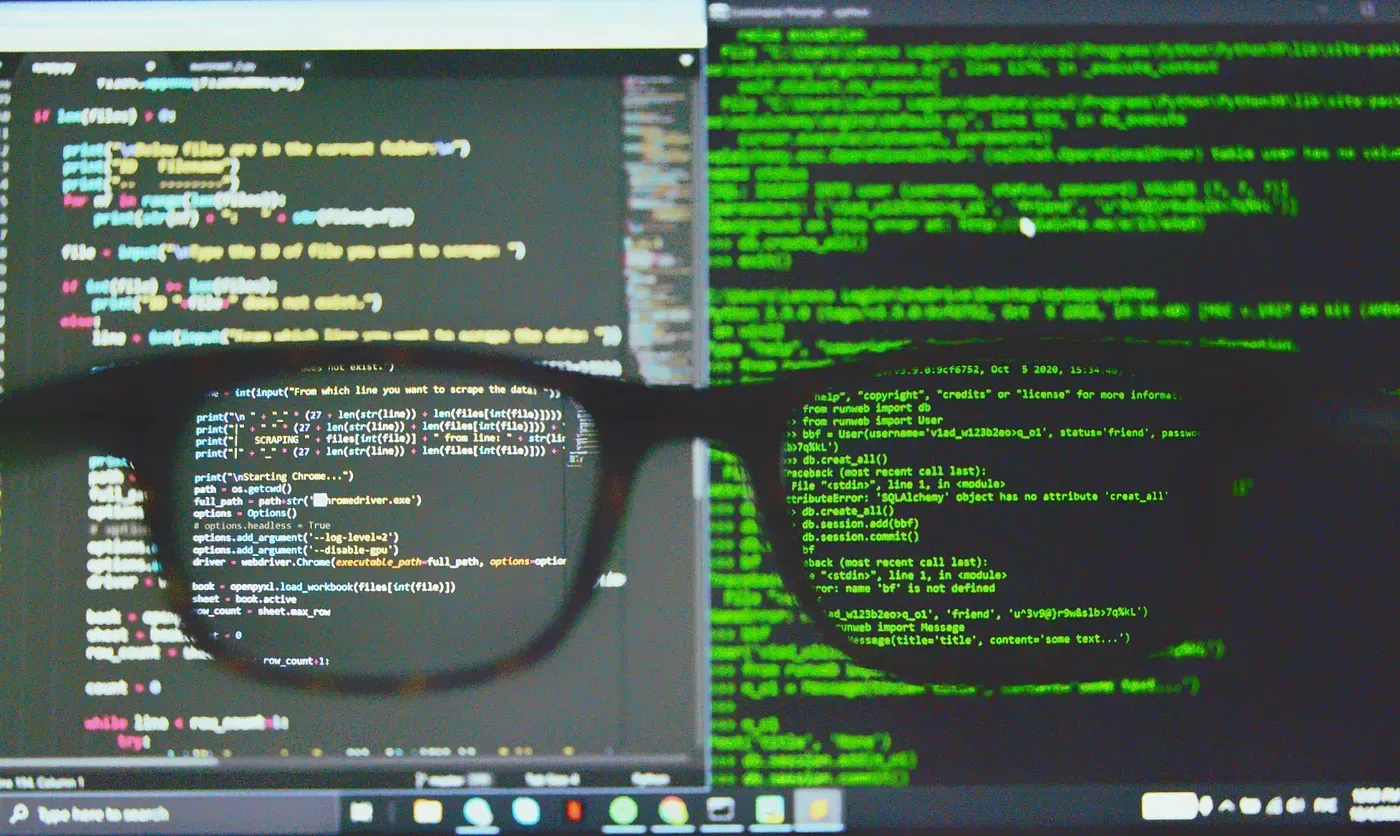
Here’s something that should terrify anyone handling confidential documents: researchers have demonstrated reproducible methods to extract files from AI systems with a 95.95% success rate.
The 2025 ACL study identified five distinct leakage vectors in AI systems:
- Metadata exposure
- GPT initialisation vulnerabilities
- Retrieval mechanism exploits
- Sandboxed execution environment breaches
- Prompt injection attacks
This isn’t theoretical. It’s a reproducible attack with documented methodology.
Your confidential document, uploaded for translation, becomes accessible to adversaries who understand these vulnerabilities.
6. Competitive Intelligence Mining at Scale

Here’s a risk that almost nobody realises about: pattern analysis across aggregated queries.
Even if specific documents aren’t leaked, the patterns of what gets translated reveal strategic information.
Translate supplier contracts, and the model learns your sourcing strategy.
Translate product specifications, and it maps your development pipeline.
Translate market research, and it reveals expansion plans.
Translate HR documents, and it exposes headcount growth in strategic divisions.
The 2025 ACL study demonstrated that analysing model outputs can reveal patterns from aggregated user inputs.
Your translation history creates a searchable map of business strategy, M&A activities, and product roadmaps, visible to anyone who knows how to query the model.
This is especially dangerous in industries where timing matters. If your translation queries spike around certain topics, competitors monitoring AI usage patterns might infer your product launch schedules, expansion plans, or strategic pivots.
You thought you were just translating documents. You were actually broadcasting strategic signals.
7. The Regulatory Time Bomb Nobody Sees Coming

Compliance violations don’t always reveal themselves immediately. Sometimes they’re time bombs.
You translate confidential patient records today using a free AI tool. HIPAA violation. But nobody notices because there’s no immediate breach, no obvious harm, no patient complaint.
Eighteen months later, your organisation undergoes a routine compliance audit. Auditors ask about your data handling procedures for translated documents.
You explain your workflow. They ask if you used any third-party AI services. You mention the free tools.
The audit findings are devastating. Not because anyone’s data was leaked, but because your processes failed to maintain required compliance controls.
The violations have been ongoing for months or years. The penalties compound.
A significant data leakage incident occurred when a Samsung employee uploaded sensitive source code to ChatGPT, highlighting the risks of using generative AI tools for confidential information.
These regulatory consequences aren’t hypothetical. They’re happening now to companies that didn’t realise their “efficient” translation shortcuts were creating compliance liabilities.
The security gap between awareness and action
Stanford’s research reveals a critical disconnect: 64% of organisations cite AI inaccuracy concerns, 63% worry about compliance, and 60% identify cybersecurity vulnerabilities. Yet fewer than two-thirds implement comprehensive safeguards.
This gap creates catastrophic exposure. Organisations deploy AI translation at scale while security controls lag behind adoption rates.
What Actually Protects Confidential Data
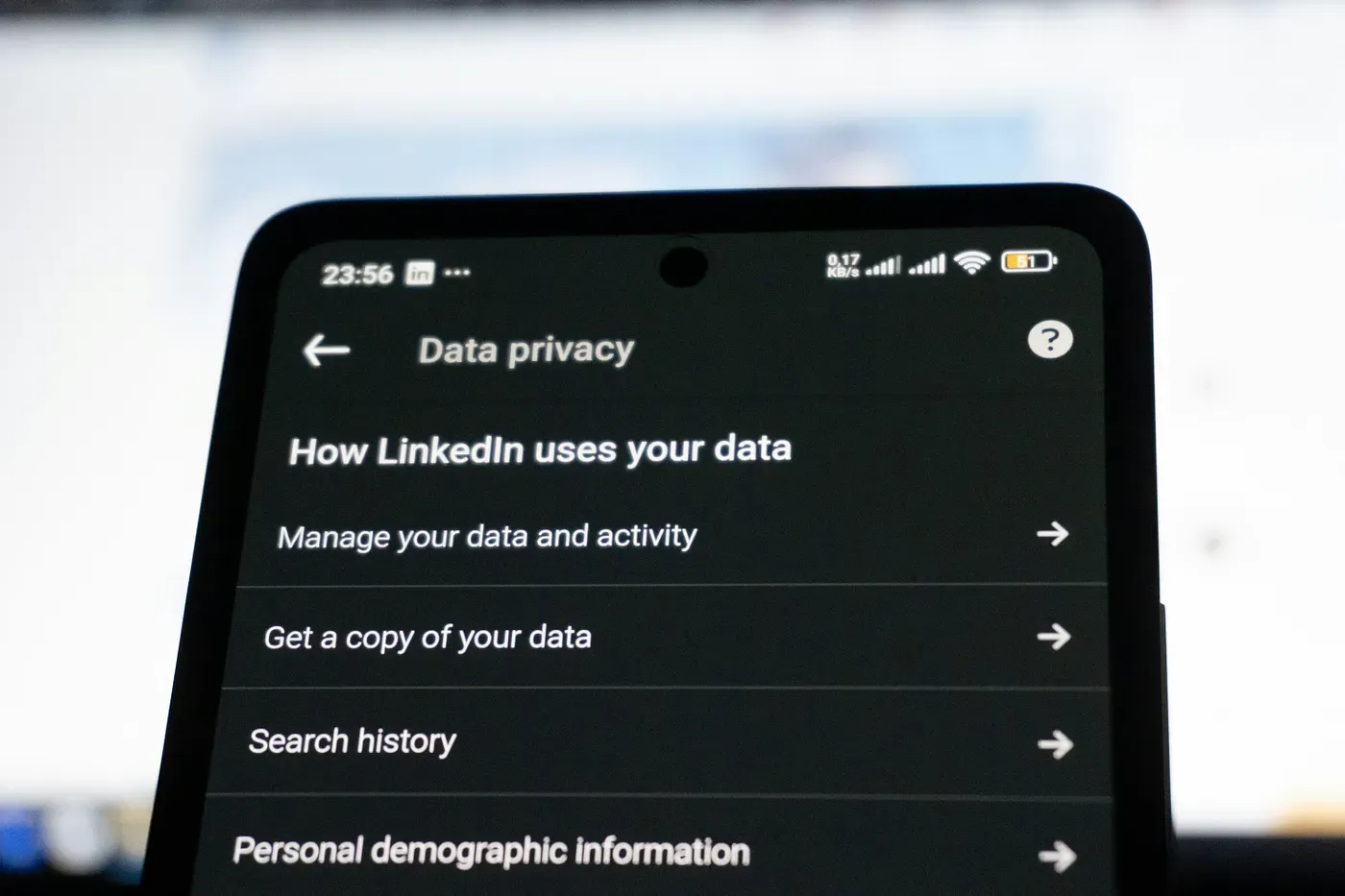
At VideoTranslatorAI, we build translation systems for international business communications.
One principle guides everything we do: if you’re handling confidential information, convenience cannot trump security.
The alternative to free AI tools exists. Platforms that:
- Process data with end-to-end encryption
- Don’t retain or train on your confidential information
- Provide audit trails and chain of custody documentation
- Maintain compliance with relevant regulatory frameworks
- Operate within specified jurisdictions
- Give you actual control over where your data goes
But they’re not free, because respecting data security and maintaining compliance infrastructure has real costs.
Companies that build these systems can’t monetise your confidential information. They have to charge for the security guarantees they provide.
That’s the trade-off most people don’t see when they paste confidential documents into ChatGPT.
You’re not getting something for nothing. You’re paying with risks you can’t measure and consequences you won’t see until it’s too late.
The Real Cost of “Free”
Every time you use a free AI tool to translate confidential documents, you’re making a choice. But most people don’t understand what they’re choosing.
You’re choosing to:
- Donate proprietary knowledge to training datasets you’ll never see
- Break legal chain of custody for documents that may need verification
- Process confidential data across unknown jurisdictions with uncertain protections
- Risk losing trade secret status for intellectual property
- Broadcast strategic signals through pattern-detectable translation queries
- Create compliance violations that compound silently over time
All for the convenience of instant, free translation.
The math is brutal: the cost of proper secure translation is measured in dollars per document.
The cost of compromised confidential information is measured in lost IP, regulatory penalties, legal liability, and competitive disadvantage.
Free is the most expensive option you can choose.
What I’m Asking You to Consider
I’m not saying never use AI for translation. I’m saying understand what you’re actually risking when you choose convenience over security for confidential documents.
Before you paste that next sensitive document into a free AI tool:
- Ask whether the document contains information subject to confidentiality obligations
- Check if your industry has regulatory requirements for data handling
- Consider whether maintaining chain of custody matters for this document
- Evaluate if the content contains trade secrets or competitive intelligence
- Verify whether your employment agreement permits disclosure to third-party AI systems
Because “I didn’t know” isn’t a defence that holds up in court, regulatory hearings, or board meetings when your confidential information gets compromised.
The translation was free. The consequences are permanent.
If you are interested to learn about how VideoTranslatorAI handles your documents’ privacy and security, please drop your messages here or send us an email at hello@videotranslator.ai.
References
- How people are using ChatGPT (OpenAI Research, September 2025)
- The 2025 AI Index Report (Stanford Institute for Human-Centered AI, 2025)
- Study exposes privacy risks of AI chatbot conversations (Stanford Report, 2025)
- When GPT Spills the Tea: Comprehensive Assessment of Knowledge File Leakage in GPTs (Association for Computational Linguistics, 2025)
- Secure AI Translation for Businesses: Protecting Data Privacy and Accuracy (Business Age, 2025)
